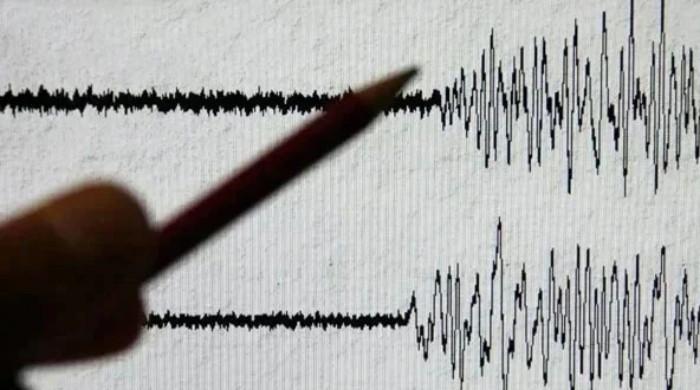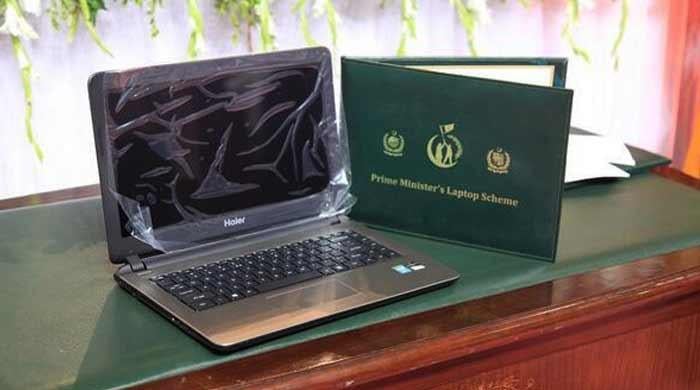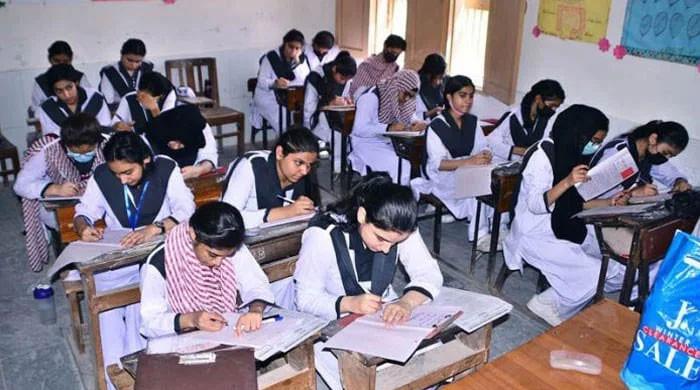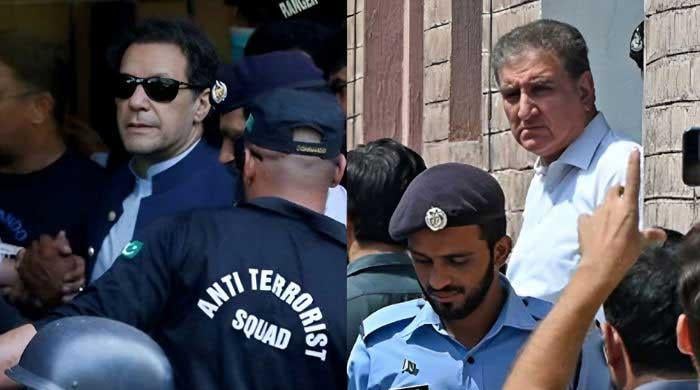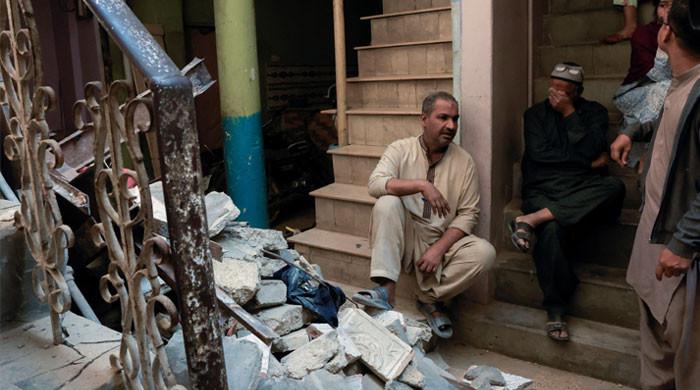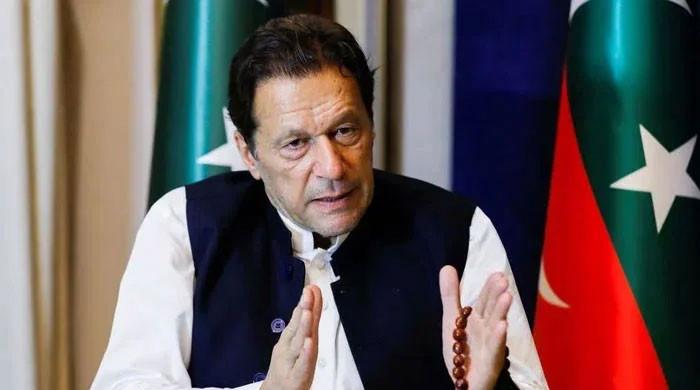Gilgit-Baltistan Election 2020: Why is GB so important for political parties?
Unlike the past, the present-day political situation has made Gilgit Baltistan elections even more relevant and important for all parties
November 12, 2020
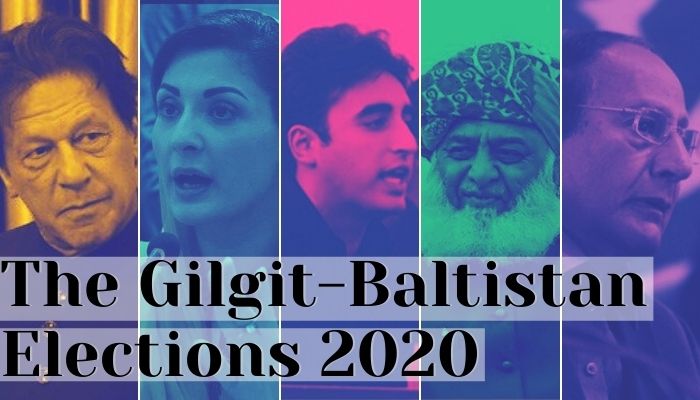
The Gilgit Baltistan Legislative Assembly (GBA) election is set to take place on November 15, 2020. Ahead of the polls, a dozen political and religious groups, including the three largest political parties in Pakistan, have campaigned in the region to win popular support.
The PPP, PML-N, and the ruling PTI have held marathon rallies across the region, attracting tens of thousands of attendees.
What promises were made?
Unlike the past, the present-day political milieu of the country has made GB even more relevant and important for all parties.
As part of their campaigns, all parties vowed to give full constitutional representation to GB upon their election, a topic which will strike a chord with GB’s population because of its tumultuous political past.
As against the demand of the people of GB for many decades, the region has continued to be administered on ad-hoc presidential orders, largely because it is included with the larger disputed territory of Jammu and Kashmir.
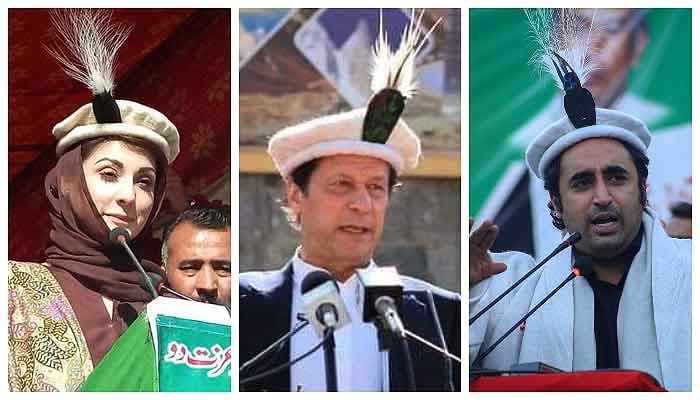
Even though awarding GB provincial status is not likely to be a simple process given Pakistan’s stance on Kashmir and United Nations Security Council (UNSC) resolutions on the Kashmir dispute, the move will certainly be beneficial for opposition parties not only towards redeeming their political influence but also in continuing taking on the PTI-led government.
Apart from the promise of constitutional rights, party leaders have also assured the creation of jobs and infrastructure development, as well as the provision of citizenship rights and benefits on a par with all other citizens of Pakistan.
What is in it for the PPP?
Pakistan Peoples Party chairman Bilawal Bhutto-Zardari has demonstrated a strong desire to win the GBA election with his energetic, powerful speeches, which he delivered in different cities of the region during a three-week-long campaign.
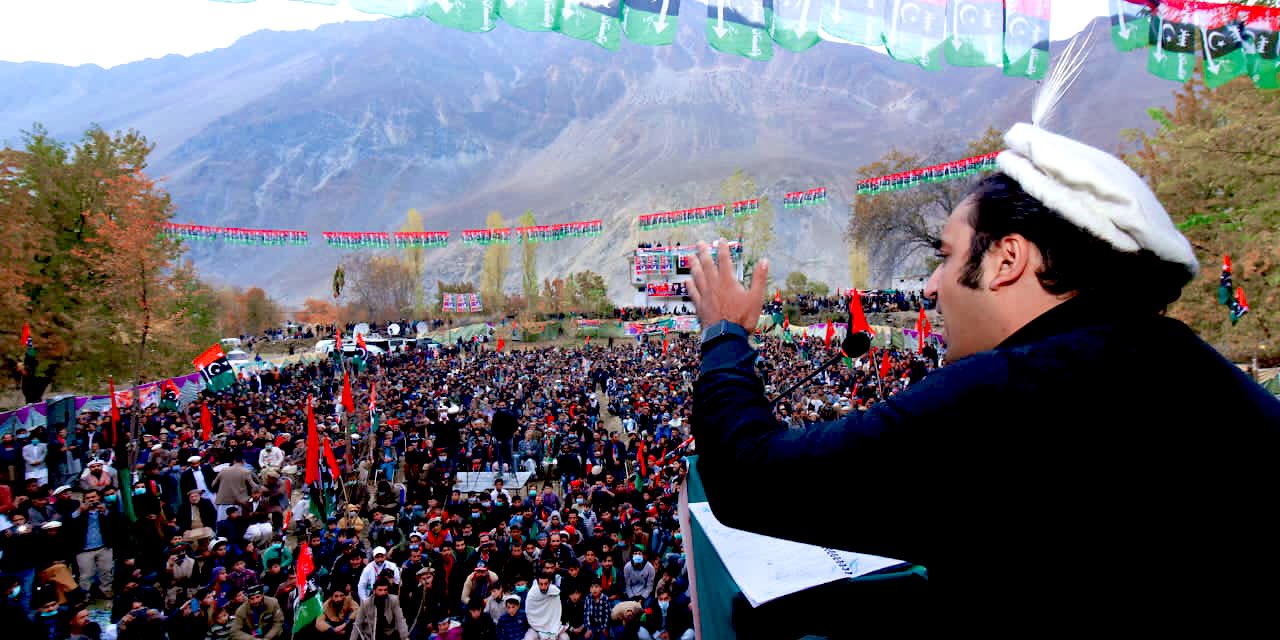
A win for the PPP in GB would prove that unlike the 2008 election, the party’s appeal is not confined to Sindh. Instead, popular support in the strategically-important region will help the PPP revive its status as a national party with an appeal in diverse parts of the country.
During his campaign, Bilawal said that he would give GB its ‘long-due provincial status’ within three months of forming a government there, adding that he needs people’s assistance to ‘drive the selected, puppet’ government out of power.
What is PML-N’s stance?
Pakistan Muslim League-Nawaz, which till recently ruled in the region, is eyeing to re-establish a government in GB so that it can regain its reputation as its leadership faces massive corruption charges.
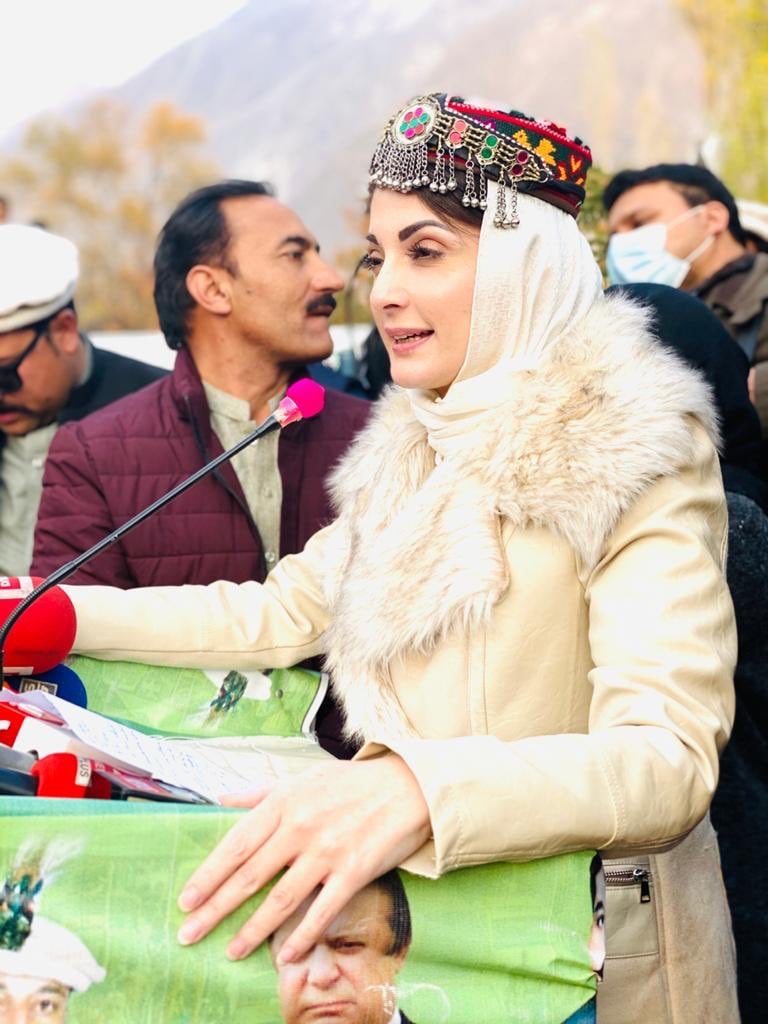
By clamorously demanding to keep the army out of the election process and hinting at pre-poll rigging, the party is strengthening its narrative of vote ko izzat do (respect people’s mandate) in an attempt to redeem its lost glory.
PML-N’s success in GB would also allow it to take on the ruling, PTI-led government and bring about a political change in the country.
Is PTI likely to win?
The ruling Pakistan Tehreek-i-Insaf, on the other hand, seems to be confident about winning the upcoming polls in GB.
From a historical standpoint, the political party that rules the Centre has traditionally been successful in GB because the region’s financial fortunes are linked to Islamabad.
Citing different survey reports, Prime Minister Imran Khan has already claimed that the PTI has been leading with a 'clear majority' in GB.
“PTI will easily win the Gilgit-Baltistan elections,” he recently said.
Echoing the party leader’s words, Minister For Communications Murad Saeed, who had been attending jalsas in GB on behalf of PTI candidates, said that the PTI has already won “overwhelming support in GB,” adding that people have “shown what they want even before November 15.”
Unlike the opposition, the PTI-led government will have a fresh chance to deliver on its promises in GB upon its success in the polls.
Its performance relative to other parties is also likely to be held up by analysts and commentators as a litmus test of its popularity and support as the Pakistan Democratic Movement to oust the incumbent government sputters on.




